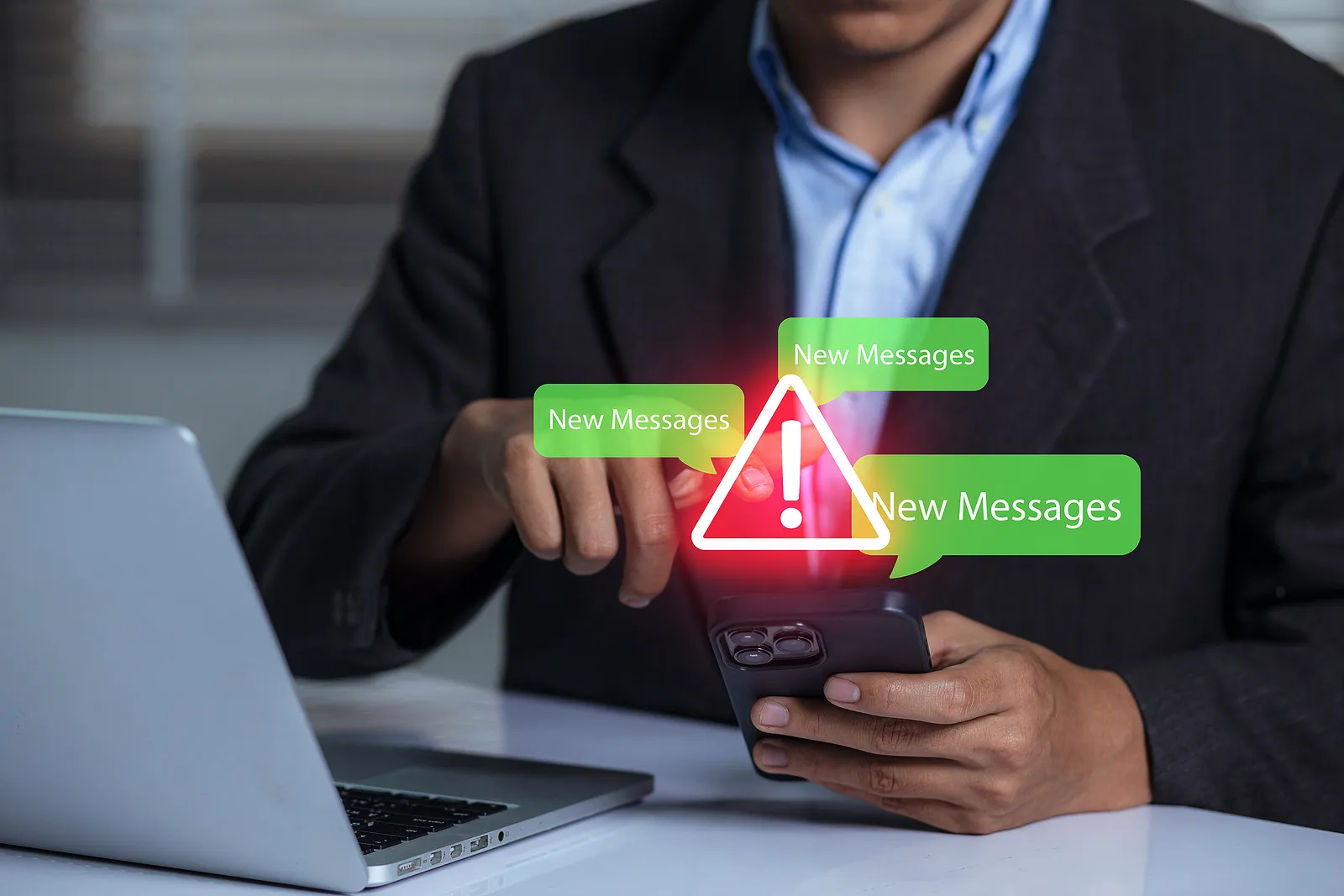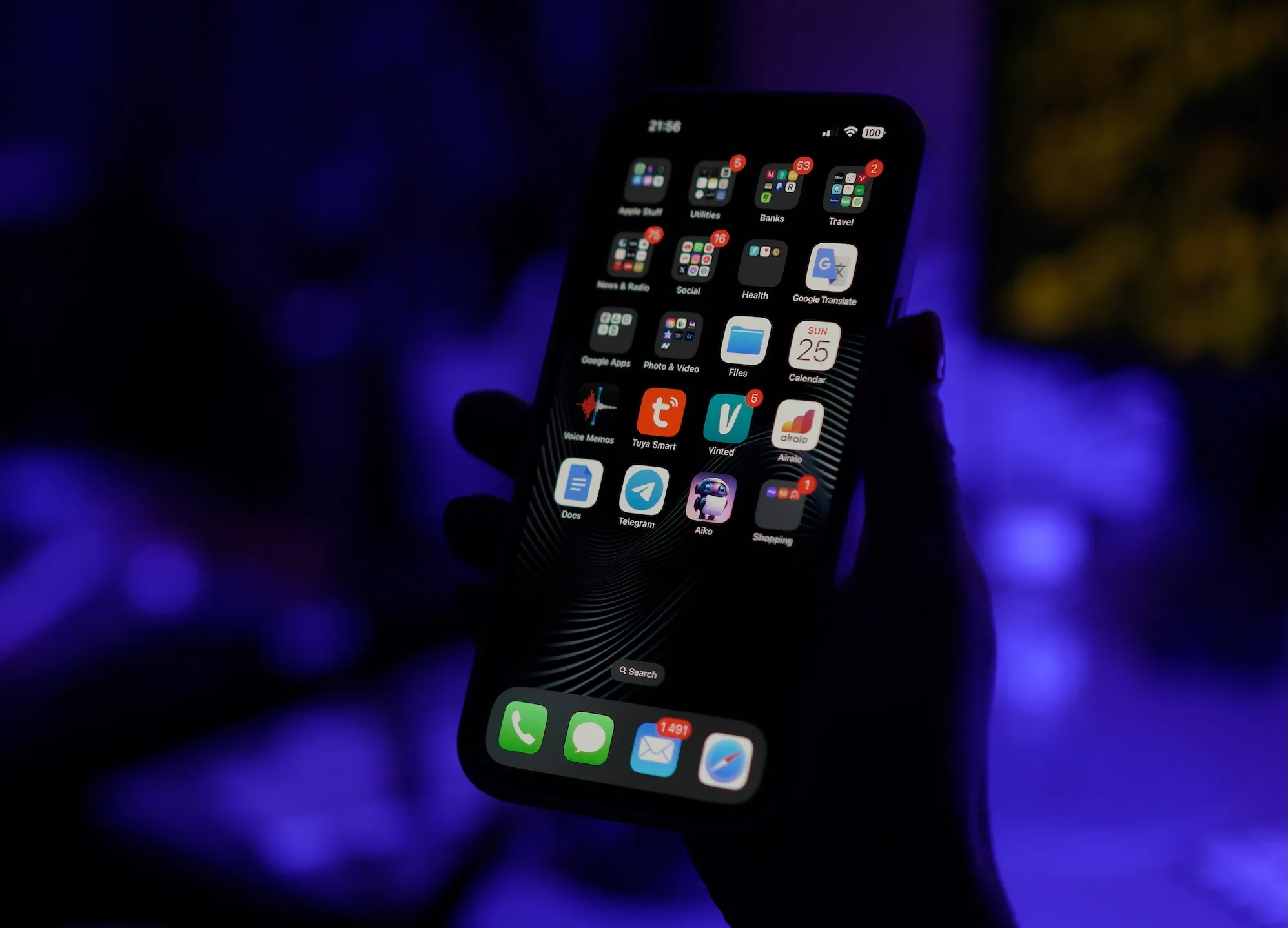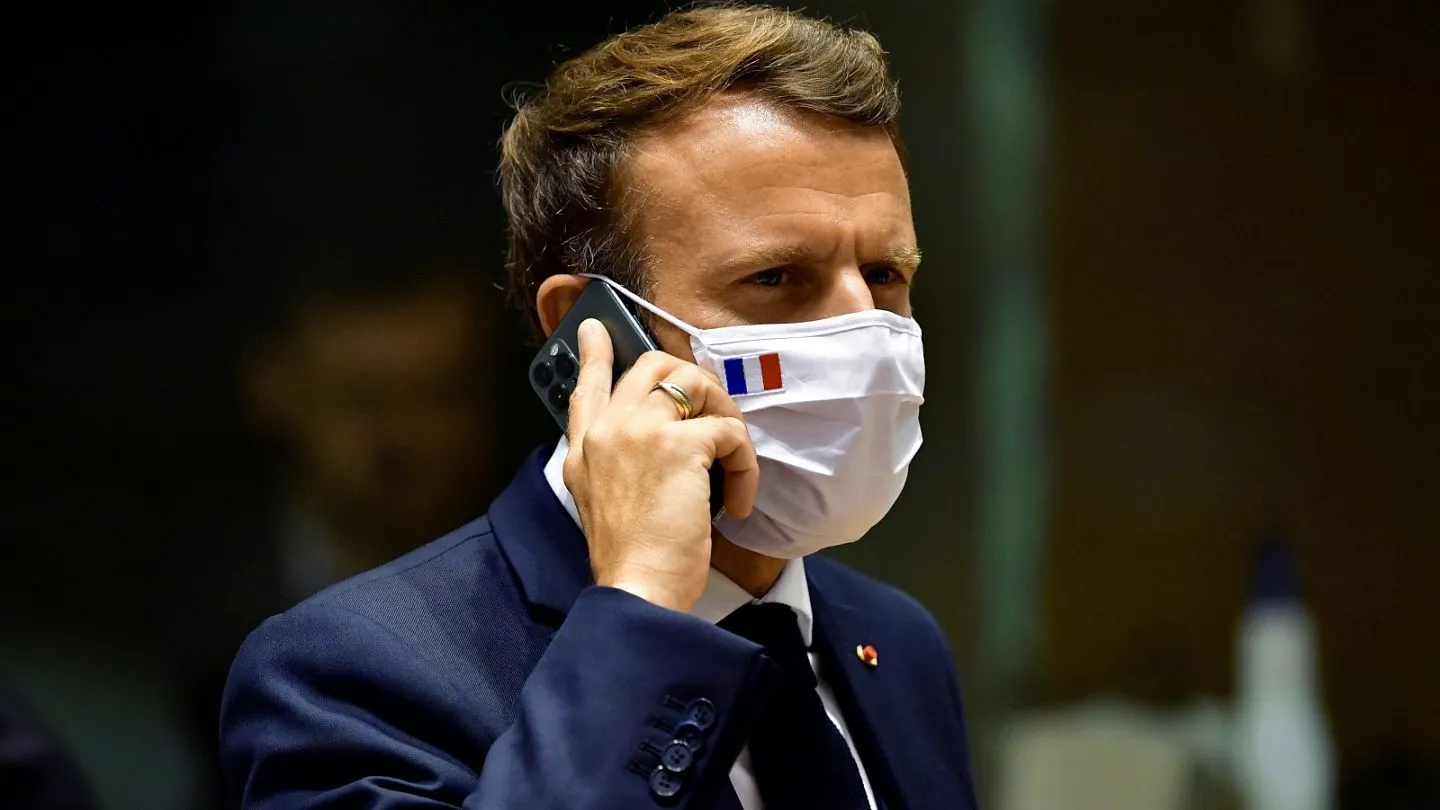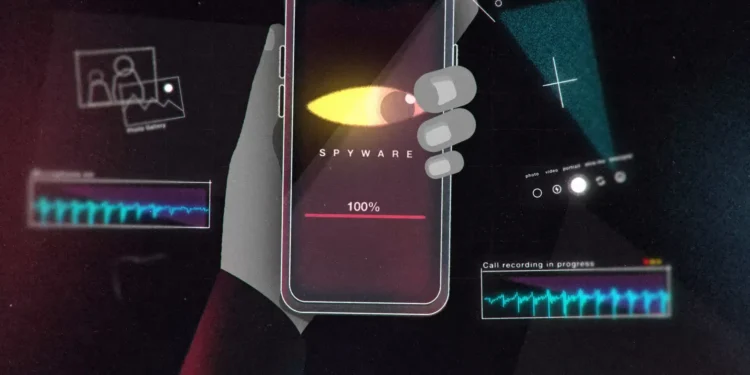In an era dominated by information, the tools designed to safeguard this precious asset are becoming double-edged swords. Recent revelations from security firm iVerify have thrown a spotlight on an unsettling trend: the use of Pegasus spyware against business leaders. This disclosure not only broadens our understanding of surveillance but also challenges the notion that state-level espionage is confined to political arenas.

Unmasking a Hidden Threat
It is a well-acknowledged fact that journalists, politicians, and human rights defenders often find themselves ensnared by the tentacles of state surveillance. However, the recent findings by iVerify indicate that the threat landscape is evolving, with corporate titans now in the crosshairs. The firm’s chief executive, Rocky Cole, a seasoned former National Security Agency analyst, shared insights into how a prominent business figure, whose identity remains confidential, fell victim to this invasive technology. The spyware in question was none other than Pegasus, notorious for its stealth and efficacy.
“Completely surprised by the attempt to compromise their phone,” the targeted executive was just one among several from a pool of 2,500 iVerify users who opted to check their devices for potential threats. Out of these, seven devices showed traces of compromise, despite many running on the updated iOS 16.6 as of late 2023. This situation underscores a significant insight: the rate of detected infections among iVerify’s users does not reflect the general population, highlighting a targeted approach towards individuals more likely to face state-backed surveillance.

The Tool of Choice: Pegasus Spyware
The NSO Group, creators of Pegasus, assert that their software is “sold exclusively to vetted U.S. & Israel-allied intelligence and law enforcement agencies.” However, they remained tight-lipped when asked whether the spyware was deployed against private sector executives. This ambiguity adds another layer of complexity to the narrative of spyware use, especially following incidents like the hacking of Amazon founder Jeff Bezos’s phone, which the United Nations suggested was likely executed using Pegasus via WhatsApp.
The Rising Trend of Spyware Reuse
Cole’s observations reveal a concerning trend: the reuse of spyware exploits by government-backed hackers from adversarial nations such as China, Iran, and Russia is “becoming more widespread.” This claim is bolstered by Google’s earlier alarms about Russian hackers acquiring exploits mirroring those developed by the NSO Group. Moreover, iVerify’s recent probe into the Harris-Walz presidential campaign disclosed active threats linked to the China-backed hacking group, Salt Typhoon, indicating a strategic deployment of commercial spyware capabilities for political espionage.
The integration of such technology into the fabric of global espionage illustrates a grim reality: the boundaries separating corporate and governmental interests are blurring. As corporations grapple with these sophisticated threats, the imperative for robust cybersecurity measures has never been clearer.

The revelation that business leaders, the new targets of sophisticated spyware, highlights an urgent need for enhanced security protocols across all sectors. As we navigate this digital age, the distinction between safeguarding national interests and protecting personal liberties continues to diminish. It is imperative that businesses and individuals alike remain vigilant, recognizing that in the world of cyber espionage, no one is safe from the reach of state-sponsored technology.










